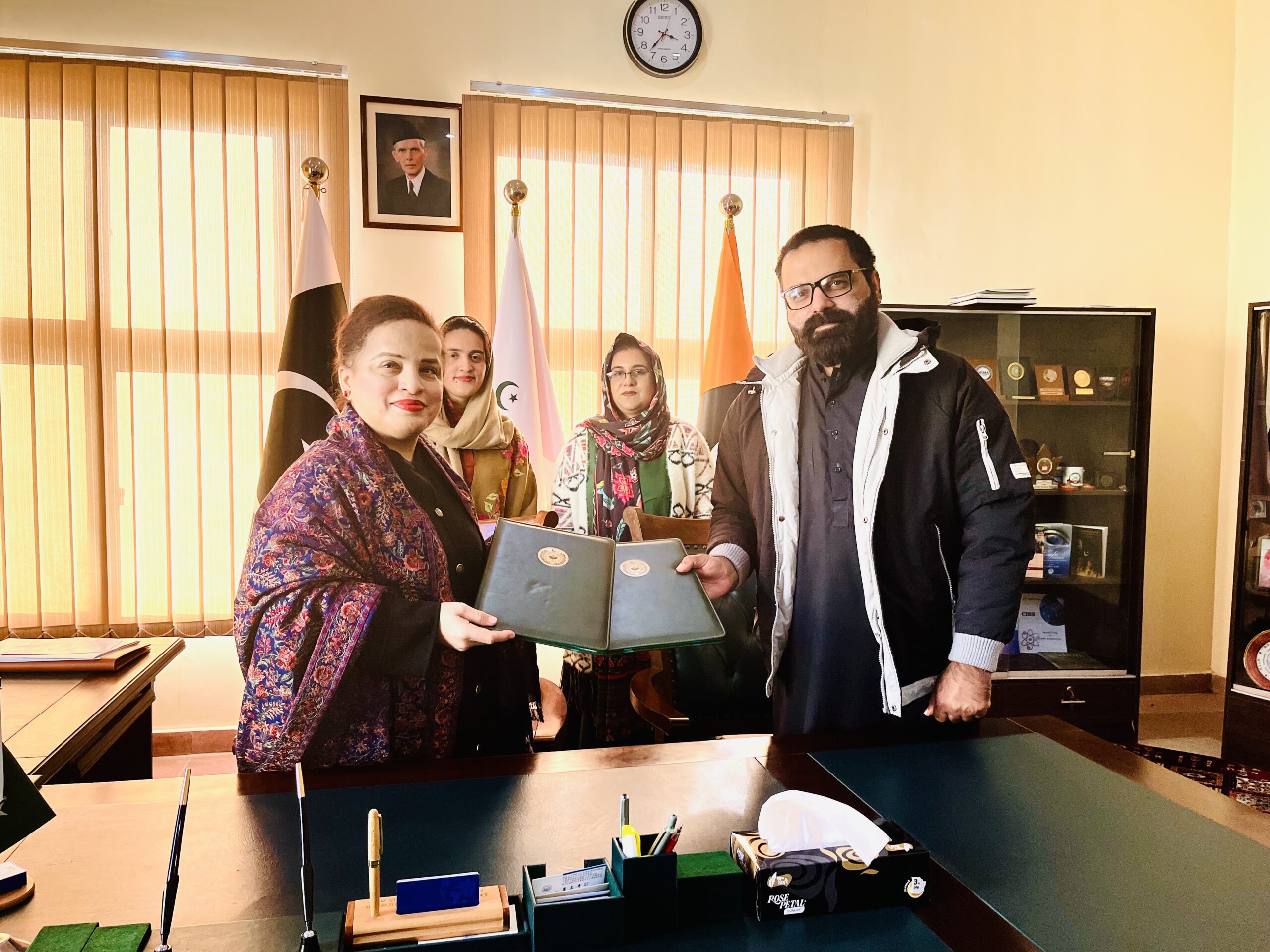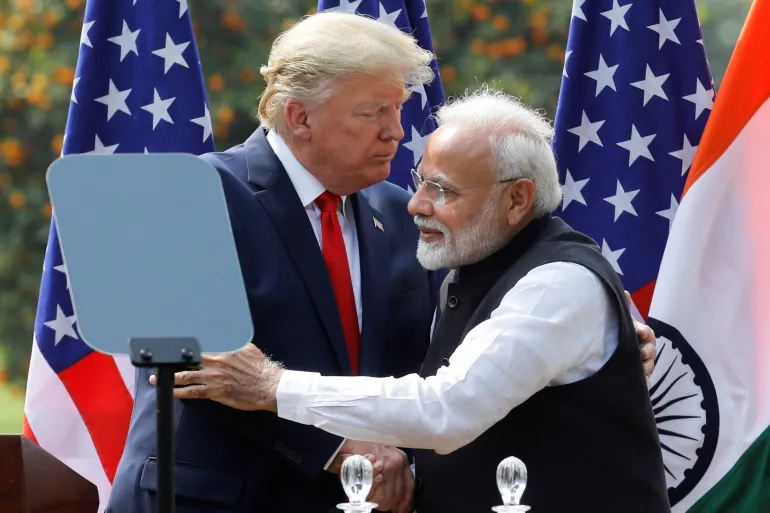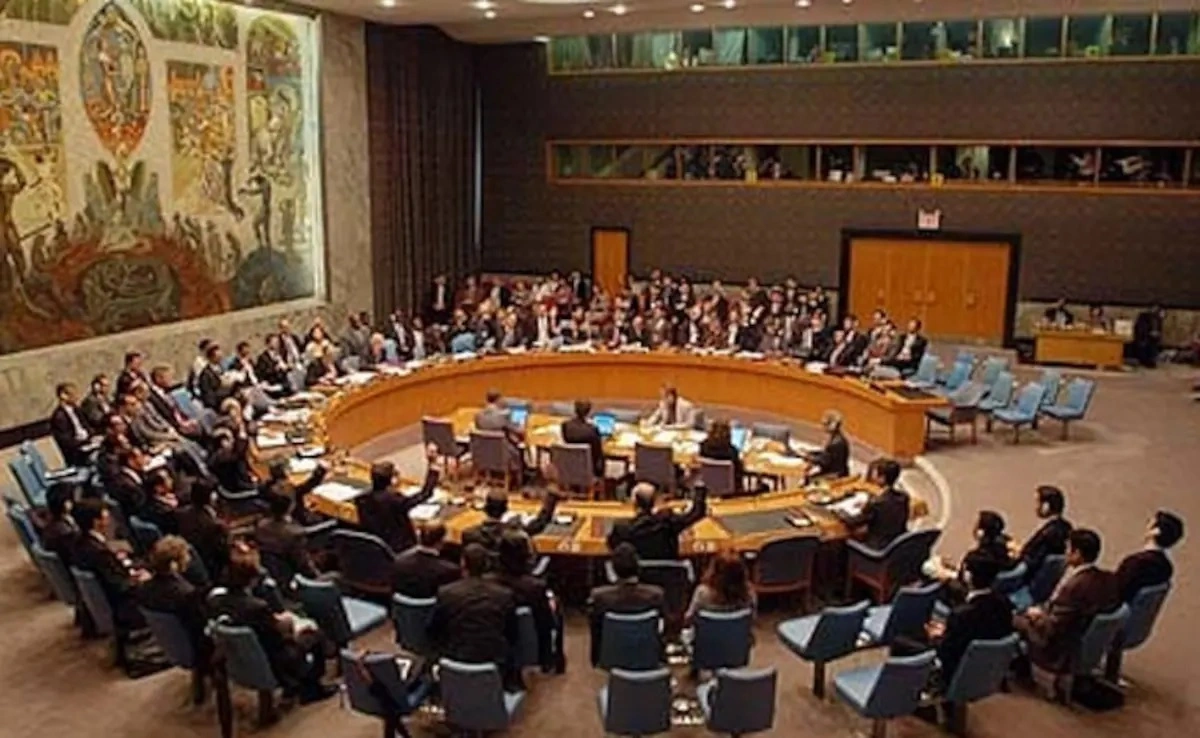A Grand Game of Bonds and Balances: In the grand chessboard of South Asia, where each strategic move is as nuanced as a well-played gambit, Dr. Nazmul Islam’s Power of Bonding and Non-Western Emerging Great Powers Engagement invites us to reimagine soft power beyond conventional Western blueprints.
The Power of Bonding: A Non-Western Take on Soft Power
The book Power of Bonding and Non-Western Emerging Great Powers Engagement, written by Associate Professor Dr. Nazmul Islam, a distinguished academic and researcher, Head of Türkiye, Asia and Indo-Pacific Studies (TAIPS) at the Institute for International Relations and Strategic Research (ULİSA), takes readers on an enlightening journey into the realm of non-Western emerging powers like China and India. The focus? Their ability to influence Pakistan, a regional powerhouse positioned at the crossroads of critical geopolitical currents.
Dr. Islam’s work challenges traditional Western-centric frameworks of soft power, offering a refreshing perspective on how nations like China and India engage with Pakistan through a multifaceted strategy of bonding. Building on Joseph Nye’s soft power theory, which emphasizes attraction over coercion, Dr. Islam introduces the concept of “Power of Bonding”, a novel theoretical framework that roots its influence in shared cultural, historical, and political ties — perfectly suited to the intricacies of South Asia.
As Dr. Islam articulates, “This book constructs India and China’s soft power strategy on Pakistan using Nye’s Soft Power theory while simultaneously developing a new idea of ‘Power of Bonding’ from a non-Western perspective.” The concept resonates deeply, urging readers to reconsider how soft power is not just a tool of influence, but a complex, relational dance between nations that hinges on their shared histories and experiences.
India and China: A Tale of Two Soft Powers
The book opens with an emphasis on the growing geopolitical significance of China and India in South Asia, with Pakistan as a central figure in their strategic calculations. As the book unfolds, Dr. Islam highlights the limitations of existing studies which often adopt a Western-centric lens. His argument for a non-Western framework to understand soft power in this region could not be timelier, especially in light of the evolving regional dynamics post-U.S. withdrawal from Afghanistan, which has further amplified South Asia’s strategic importance.
Dr. Islam does not mince words when critiquing the Western orientation of soft power frameworks. His alternative — the “Power of Bonding” — posits that soft power must be contextualized within the historical and political realities of a region. “Soft power must be contextualized within historical and political realities rather than seen as a one-size-fits-all framework applied globally,” Dr. Islam asserts, emphasizing that the relational and cultural bonds between nations are what truly shape influence in non-Western contexts.
For example, India’s cultural diplomacy relies heavily on shared traditions, Bollywood, language, and the like, developing goodwill through a shared cultural connection. On the other hand, China focuses on economic interdependence and intergovernmental cooperation, with landmark projects like the China-Pakistan Economic Corridor (CPEC) and the Belt and Road Initiative (BRI), making it a dominant force in nurturing goodwill, albeit with some reservations over the long-term effectiveness of its economic strategies.
The Bonding Equation: More Than Just Influence
Dr. Islam explains that the concept of “bonding” refers to the narrative-based linkages between two nations, whether through cultural ties or mutual economic benefit. China’s soft power strategy is bolstered by its political alignment with Pakistan and its avoidance of ideological conflicts, which, in turn, strengthens its influence. In contrast, India’s soft power strategy is marred by political tensions, particularly over Indian Occupied Jammu and Kashmir (IIOJK), making it more contested and less effective. As Dr. Islam puts it, “China’s political alignment with Pakistan and its avoidance of ideological conflicts further strengthen its soft power in contrast to India’s more contested engagement.”
Also See: Pakistan and China: A Tango of Trust and Diplomatic Choreography
The Limitations: A Few Missing Pieces
Yet, Dr. Islam’s book has its own limitations. Reliance on elite perspectives — particularly through interviews and media analysis (with a focus on the Dawn newspaper) — risks missing the nuances of public opinion across different strata of society. Additionally, the role of digital diplomacy and social media platforms like Twitter (X), YouTube, and Facebook, which increasingly shape modern perceptions of soft power, is noticeably underexplored. Incorporating large-scale surveys, especially in rural and grassroots areas, would add depth to the findings and capture the perceptions of a broader audience.
Nevertheless, Power of Bonding and Non-Western Emerging Great Powers Engagement is a must-read for students, scholars, and policymakers interested in the intricacies of global power dynamics. Dr. Islam’s novel “Power of Bonding” provides a new lens to view soft power, challenging conventional frameworks and offering fresh insights into China and India’s nuanced strategies in Pakistan. The book skillfully underscores the importance of contextualized strategies that respect cultural, historical, and geopolitical realities — a lesson that the world would do well to heed.
In conclusion, Dr. Islam’s work proves that soft power isn’t just about influence; it’s about understanding the deeper connections that bind nations together. Whether you’re a student of political science or just curious about how the powers in your region really play the game, this book will leave you with more questions — and that’s exactly what good intellectual work should do.
Book is Authored by Associate Professor Dr. Nazmul Islam; Published by Lexington Books An imprint of The Rowman & Littlefield Publishing Group, Inc. 4501 Forbes Boulevard, Suite 200, Lanham, Maryland 20706
The views expressed in this article are the author’s own. They do not necessarily reflect the editorial policy of the South Asia Times.

![Dr. Nazmul Islam’s Power of Bonding reveals how China and India engage with Pakistan through culture, history, and strategic partnerships. [Image via SAT Creatives]](https://southasiatimes.org/wp-content/uploads/2025/02/SAT-Web-Banners-111.webp)

![Prime Minister Narendra Modi with External Affairs Minister S. Jaishankar at an official event. [Photo Courtesy: Praveen Jain via The Print].](https://southasiatimes.org/wp-content/uploads/2026/02/20-scaled-e1755601883425-1024x576-1.webp)



